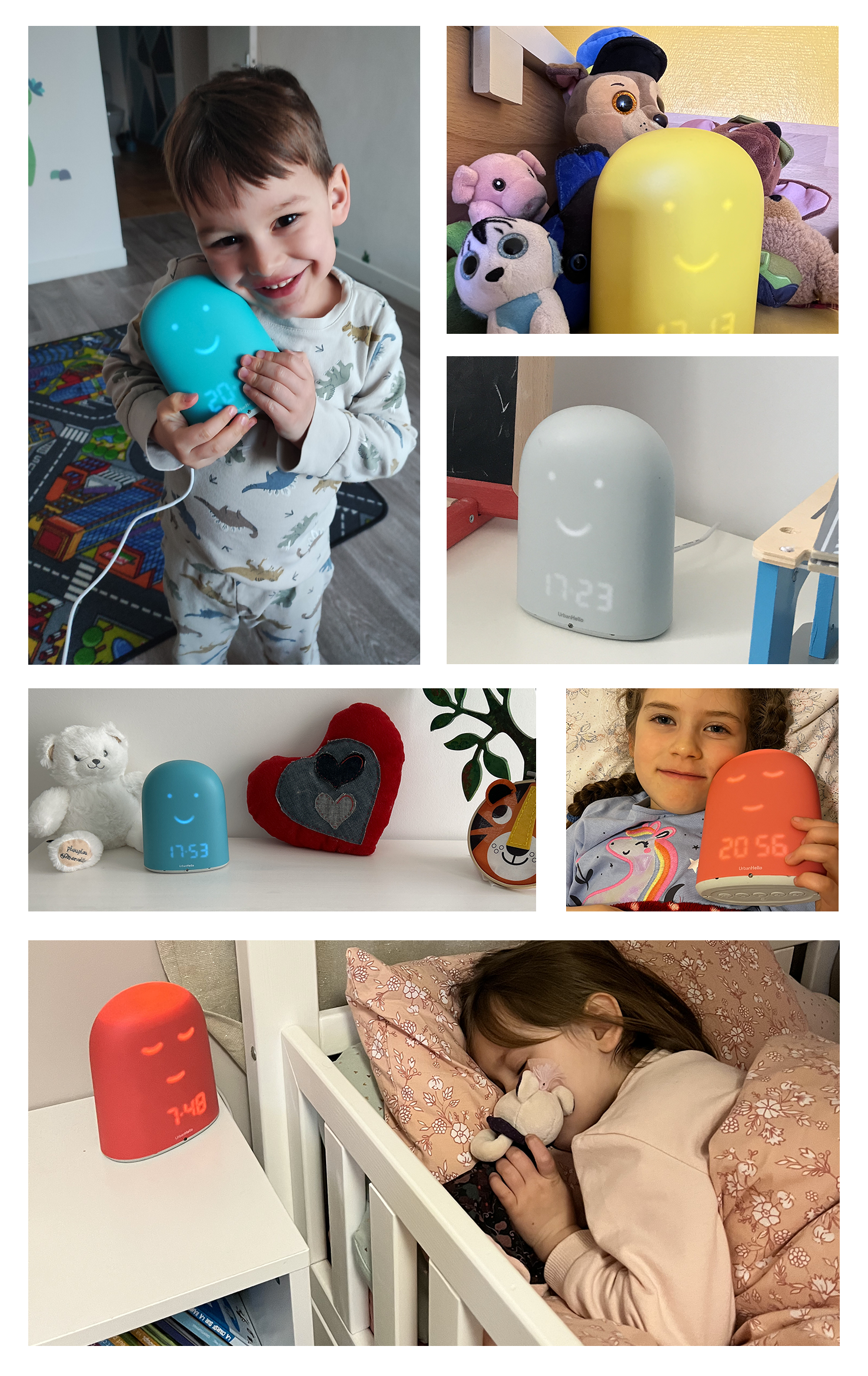Sleep Well, Learn Better: How Rest Supports School Success

Since starting preschool, your child has been facing new challenges.
Days are getting longer, while naps are getting shorter or disappearing altogether. That’s why they need a good night’s sleep to start each day full of energy!
So, what’s the connection between sleep and school performance? The UrbanHello team did some research — and here’s everything you need to know!
Sleep Is the Key to Learning
Many studies have explored the relationship between sleep and learning, sparking the interest of researchers and doctors alike. One such example is Henri Poulizac, who as early as 1979 had already identified a link between lack of sleep and academic failure.
👉 On the other hand, 11% of those who slept more than 11 hours were well ahead of their peers.
Very quickly, other studies followed to further demonstrate how sleep supports the learning process in children.
Sleep plays a key role in helping consolidate the knowledge acquired throughout the day. More specifically, it’s during the dream phase — known as REM sleep — that the brain stores information!
That’s why it’s so important to keep a close eye on your child’s bedtime and wake-up time. To sum it up, a good night’s sleep brings many benefits!
Sleep helps your child:
- Retain information more effectively
- Start the day feeling refreshed
- Improve their focus and concentration
- Avoid being restless, impulsive, or too tired in class
To this day, research on the subject continues. It’s important to understand that the number of hours slept isn’t the only factor in memory retention. Both sleep quality and a consistent routine play a major role.
So, what are the best practices to help your child get truly restful sleep?
The Importance of a Bedtime Routine
To help your child better absorb what they’ve learned during the day, they need a good night’s sleep. And to sleep well, they first need to go to bed at the right time!
This means creating a consistent bedtime routine. It will vary depending on your family’s habits and your child’s individual needs.
Here are some simple steps you can include: lay out clothes for the next day, head to the bathroom to get clean and ready for bed, chat about the next day (and check in to see if anything might be bothering them), read a story or comic together, then finish with cuddles and kisses before lights out!
Your goal is to establish a rhythm that helps your child gradually accept going to bed at around the same time each night.
In addition to the bedtime routine, here are a few extra tips to help your child sleep well:
Discover REMI
THE SMART ALARM CLOCK 😊
REMI and its app bring together everything you need to manage your baby’s sleep!
Its mission? Helping families sleep better — from birth up to age 10.
I bought REMI for my 4-year-old son who didn’t want to sleep alone anymore after his little sister was born. Thanks to the remote wake-up system and bedtime stories I can play from a distance, the issue is completely resolved! I 100% recommend this purchase!






 My Child Won’t Sleep Alone: How to Help Them Gain Independence
My Child Won’t Sleep Alone: How to Help Them Gain Independence
 Letting Baby Cry It Out: Effective, But At What Cost?
Letting Baby Cry It Out: Effective, But At What Cost?
 White noise for baby : a scientific research !
White noise for baby : a scientific research !
 What are the positive effects of napping on memory?
What are the positive effects of napping on memory?
 What Time Should Your Child Go to Bed? The Ideal Bedtime by Age!
What Time Should Your Child Go to Bed? The Ideal Bedtime by Age!